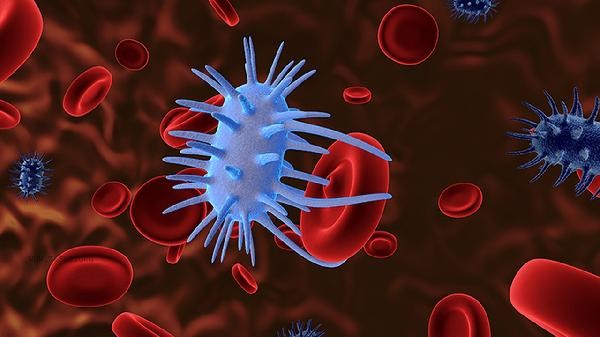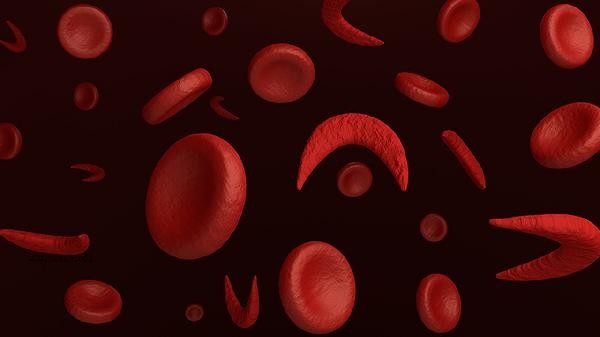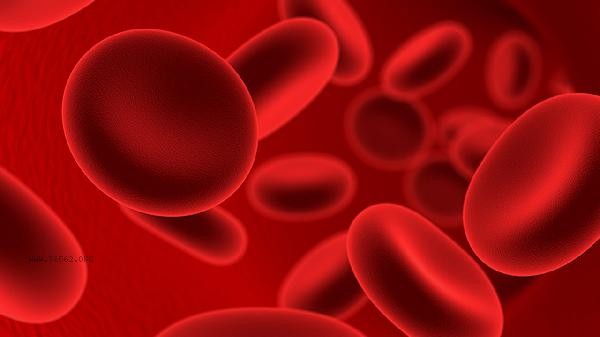Elevated red blood cells can be improved by adjusting dietary structure. It is recommended to consume more foods that are rich in water, antioxidants, and promote iron metabolism, mainly winter melon, green tea, grapes, kelp, apples, etc.

1. Winter melon:
Winter melon has a water content of over 95%, which can effectively dilute blood concentration. The propanol diacid it contains can inhibit the conversion of sugars into fats and reduce blood viscosity. It is recommended to consume 200-300 grams of stewed winter melon or soup daily to avoid high salt cooking methods.
2. Green tea:
Catechins in green tea can inhibit excessive red blood cell production, and tea polyphenols can improve hemorheological indicators. Drink 3-4 cups of light green tea brewed in 60 ℃ warm water daily and avoid drinking on an empty stomach. Patients with anemia should control their drinking volume.
3. Grapes:

Grape skins contain resveratrol, which can regulate the hematopoietic microenvironment, and seed extract anthocyanins can protect red blood cell membranes. It is recommended to consume 150 grams of fresh grapes per day with seeds, or drink 100% pure grape juice without added sugar. Patients with diabetes need to limit the dosage. 4. Kelp: Kelp is rich in fucoidan and iodine, which can promote the excretion of excess iron. Eat 2-3 cold dishes or boiled soup per week, soak 50 grams of dry food each time. Individuals with thyroid dysfunction should adjust their intake according to medical advice.
5. Apples:
Apple pectin can bind with iron ions in the intestine and be excreted from the body, while polyphenols improve bone marrow hematopoietic regulation. Eat 1-2 medium-sized apples with skin on daily, and patients with chronic kidney disease should control their potassium intake. People with high red blood cell count should maintain a daily water intake of at least 2000 milliliters and prioritize low-permeability drinks such as plain water and light lemon water. The main cooking method is steaming, reducing high oil and high salt methods such as braising and frying. Moderate increase in aerobic exercise such as brisk walking, swimming, etc., 3-5 times a week, for more than 30 minutes each time. Regularly monitor blood routine indicators. If the red blood cell count remains above 6.0 × 10 ¹ ²/L or symptoms such as dizziness and skin itching occur, seek medical attention promptly to investigate pathological factors such as polycythemia vera. Avoid taking iron supplements or vitamin B supplements without authorization, and all dietary adjustments should be made under the guidance of a doctor based on specific causes.










Comments (0)
Leave a Comment
No comments yet
Be the first to share your thoughts!